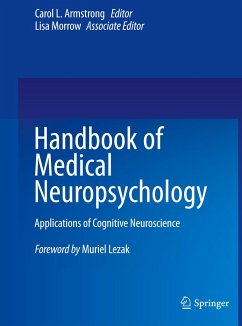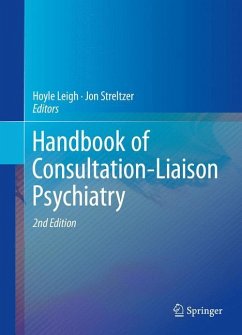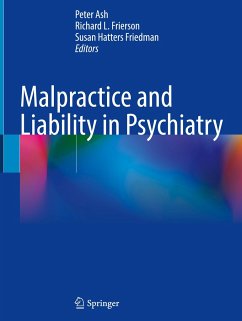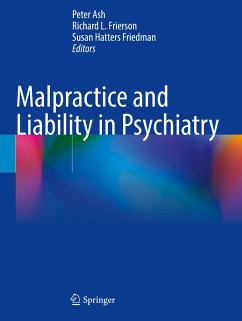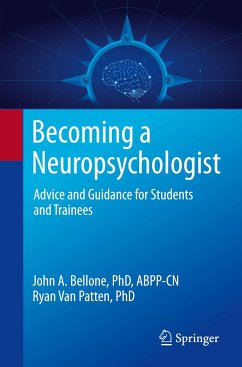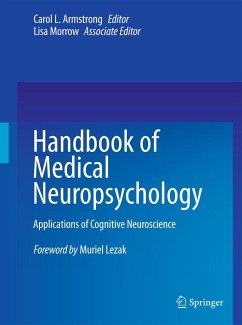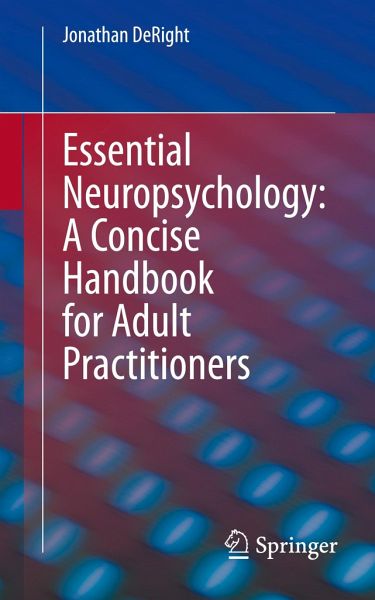
Essential Neuropsychology: A Concise Handbook for Adult Practitioners

PAYBACK Punkte
27 °P sammeln!
The goal of this book is to provide brief-but-comprehensive information that can aid in rapid differential diagnosis and allow for more thorough follow-up if needed. This guide is intended to fit easily into the pocket of a lab coat or on your desk, giving readers an efficient way to find information about a specific disease or disorder to prepare for an upcoming case. The book is divided into two parts: Part 1 involves general psychometric and reference information including score classifications, formulas for score conversion, likelihood chaining, and reliable change, psychometric data for s...
The goal of this book is to provide brief-but-comprehensive information that can aid in rapid differential diagnosis and allow for more thorough follow-up if needed. This guide is intended to fit easily into the pocket of a lab coat or on your desk, giving readers an efficient way to find information about a specific disease or disorder to prepare for an upcoming case. The book is divided into two parts: Part 1 involves general psychometric and reference information including score classifications, formulas for score conversion, likelihood chaining, and reliable change, psychometric data for stand-alone and embedded PVTs, and the effects of common medications on cognition. Part 2 of the book is organized alphabetically by disease or disorder to promote quick searching, and each chapter provides straightforward information including definitions, subtypes, etiology, epidemiology, course, diagnostic criteria, expectations for test results, and links to more comprehensive sources. Wheneverpossible, information is gathered through up-to-date literature and high quality pubilcations such as systematic reviews or meta-analyses. Helpful references are provided for more extensive follow-up or further reading.



